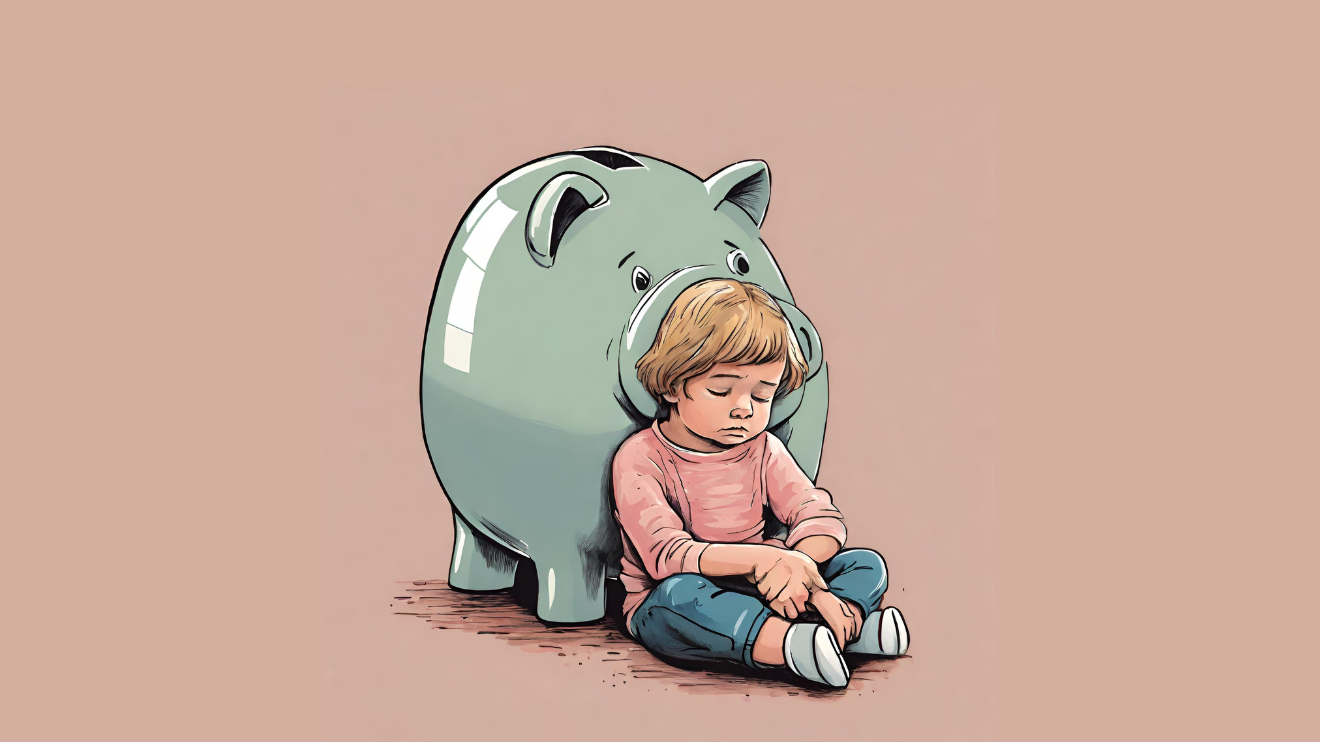
The "orphan" that is young people's mental health
What we don't talk about when we talk about parenting and mental health. (Money. I am talking about money.)
There's a big stinking lie at the heart of the booming parenting advice industry: that if parents could somehow become more 'aware' by swallowing down all the tips and tricks prescribed by parenting gurus, and stop the transmission of 'intergenerational trauma' by becoming 'conscious parents', that'd be enough to fortify the mental health of the planet's children.
It's all in your heads. Ergo: Fix your head to save your child's. High five 🙌🏾.
Here's the so-important-that-it's-outrageous-we-don't-talk-more-about-it reality that this warm fuzzy piece of fiction hides: An overwhelming number of parents cannot protect their children's mental health not because they don't know how to raise kids but because young people's mental health has been abandoned by the moneybags in the health sector.
Lack of resources is the real monster eating the mental health of children in vast swathes of the world. Parents' lack of awareness is a teddy bear in comparison.
Now, it's of course a truism that poverty and economic inequality at the level of individual families harms the wellbeing of children. If that subject interests you, you should drop everything and read Love, Money, and Parenting: How Economics Explains the Way We Raise Our Kids. The book, by economists Matthias Doepke and Fabrizio Zilibotti, tells the story of how the worsening economic chasm across the world shapes parenting choices and increases the 'parenting gap' – the gap between the amount of time parents want/need to spend in active contact with their children to support their welfare, and the time they are actually able to after working round the clock to put food on the table. (I am simplifying the message, but you get the drift.)
Today, let's focus on a different but interconnected systemic crisis: the devastating underfunding of young people's mental health in parts of the world that most need it.


